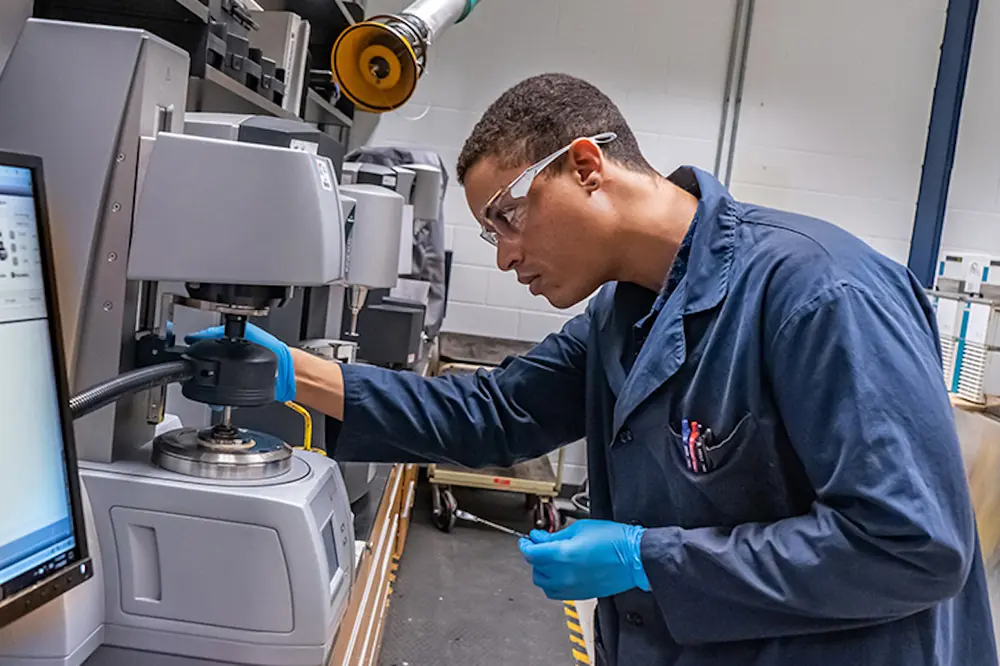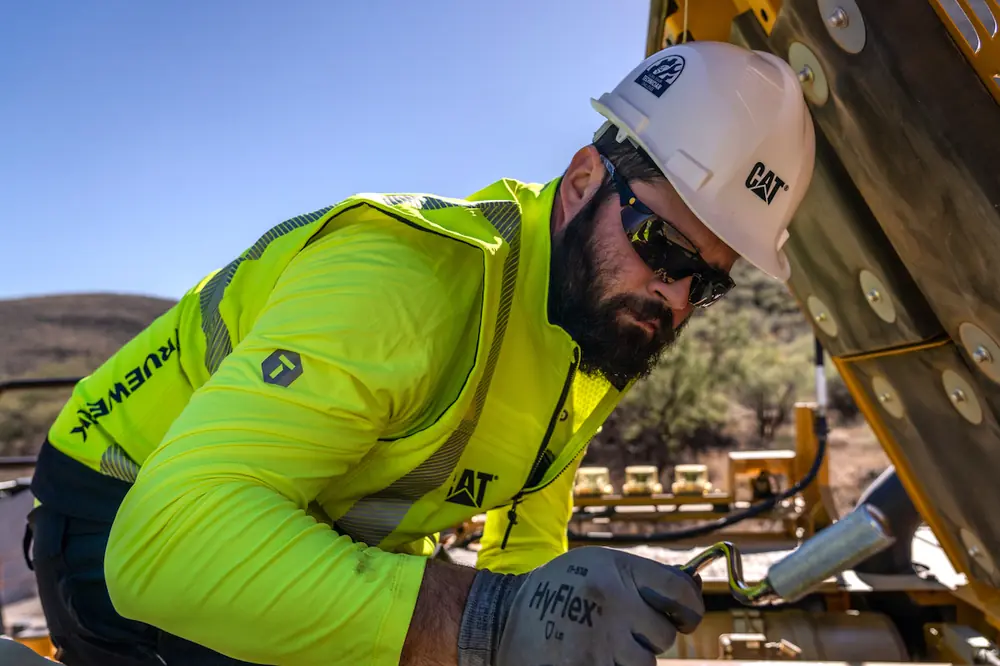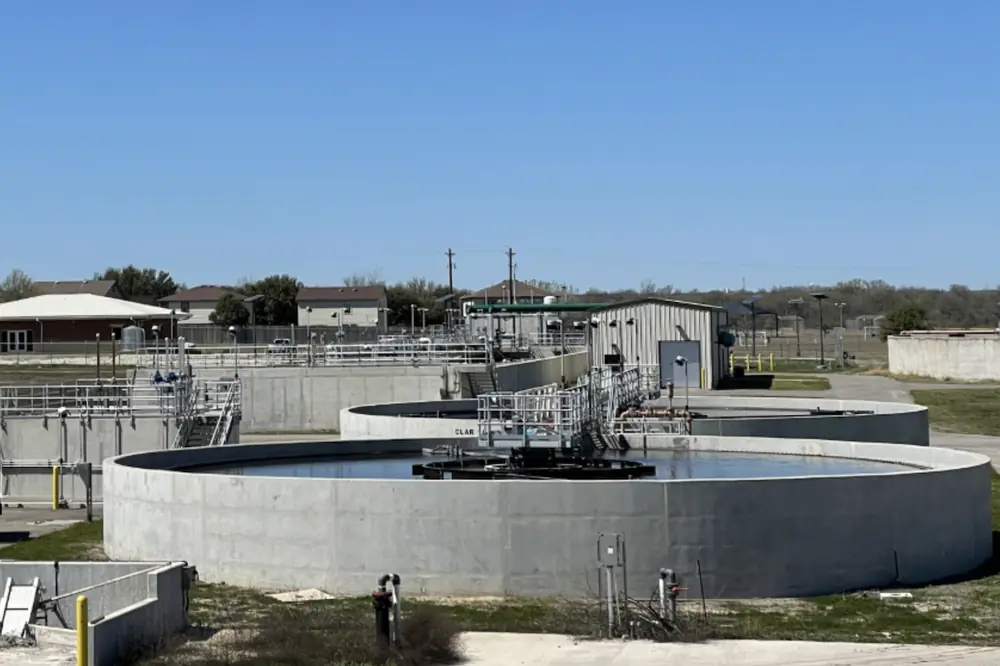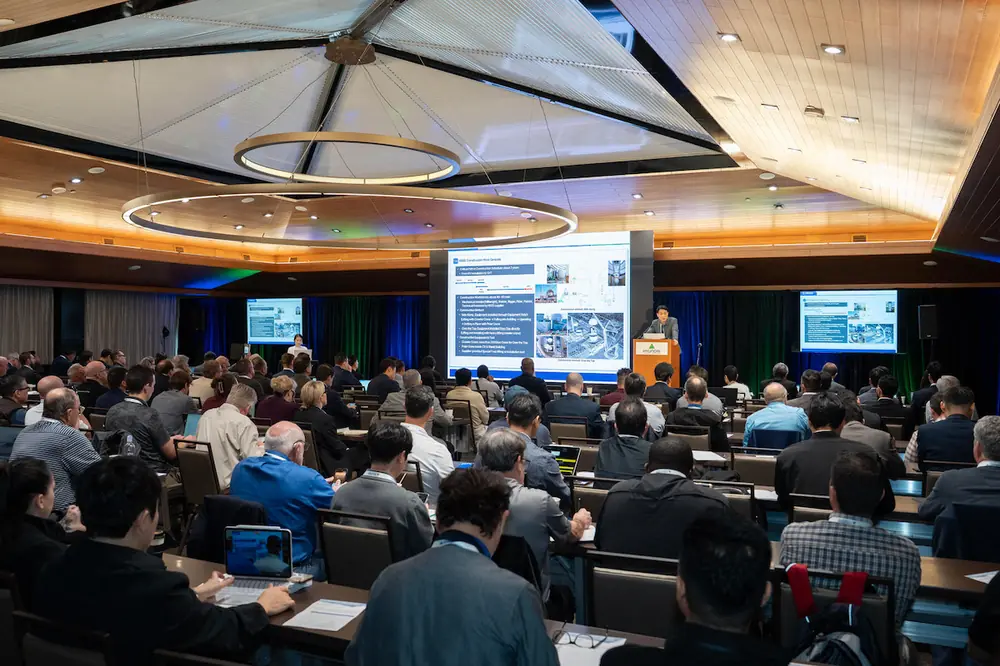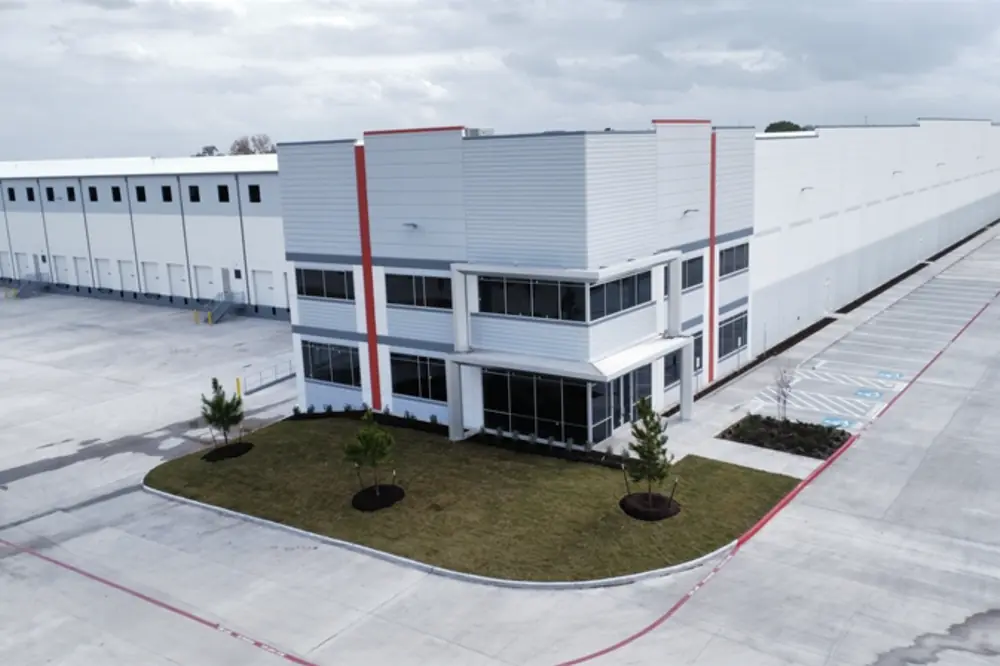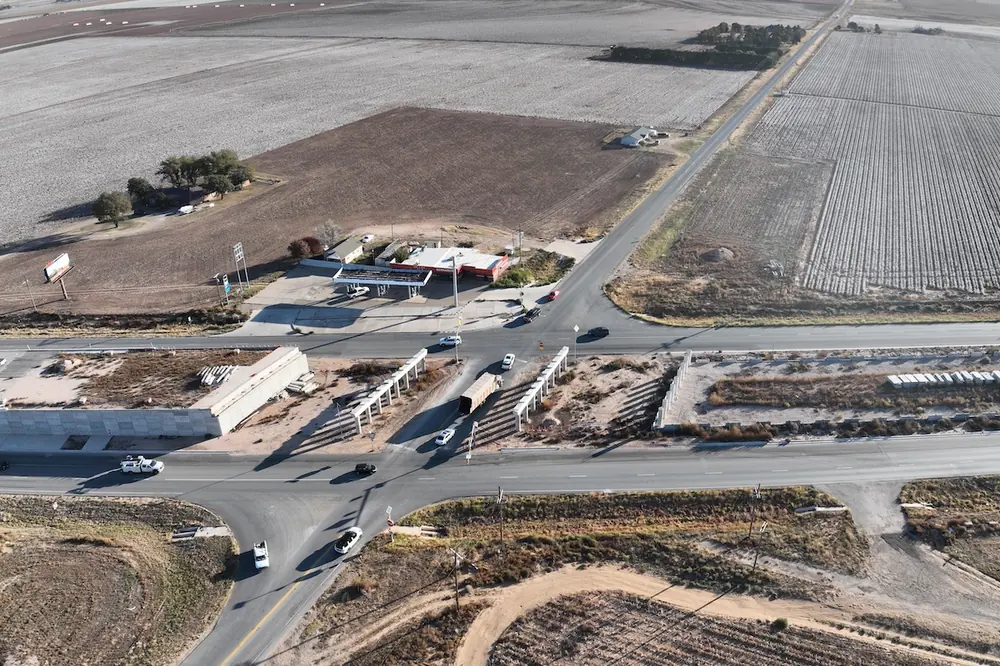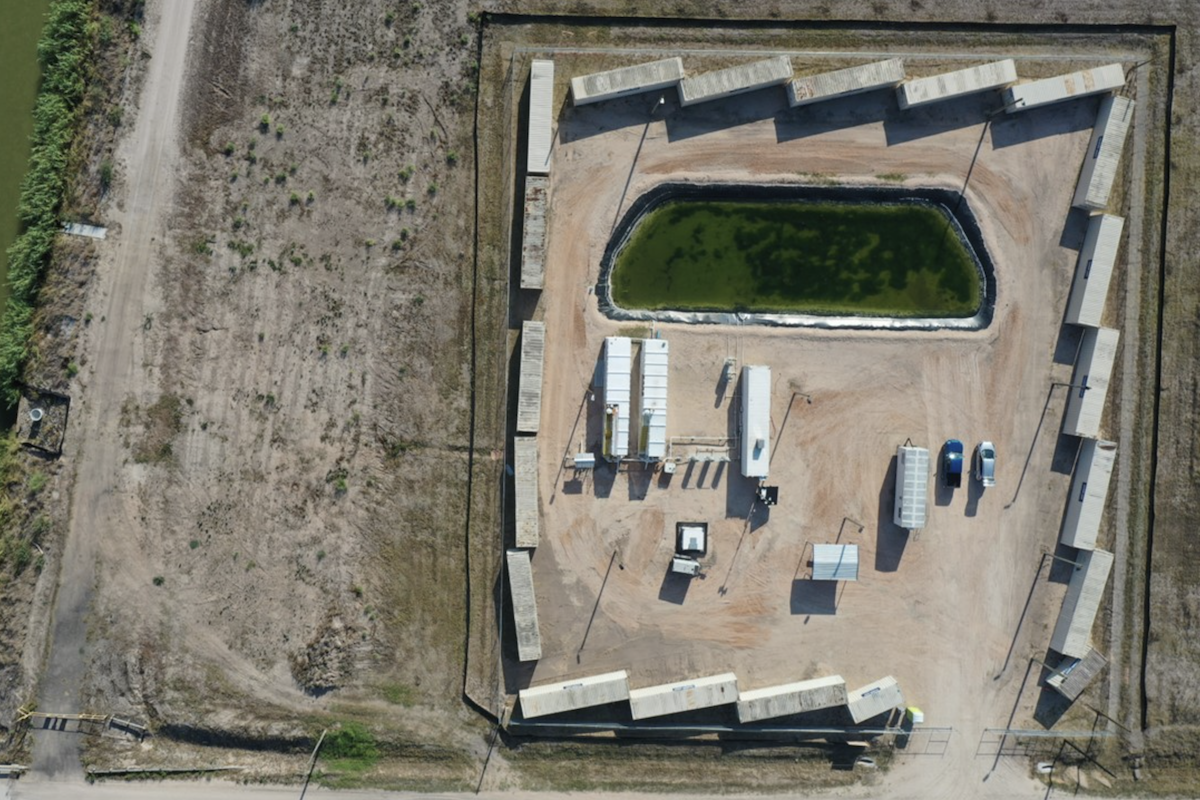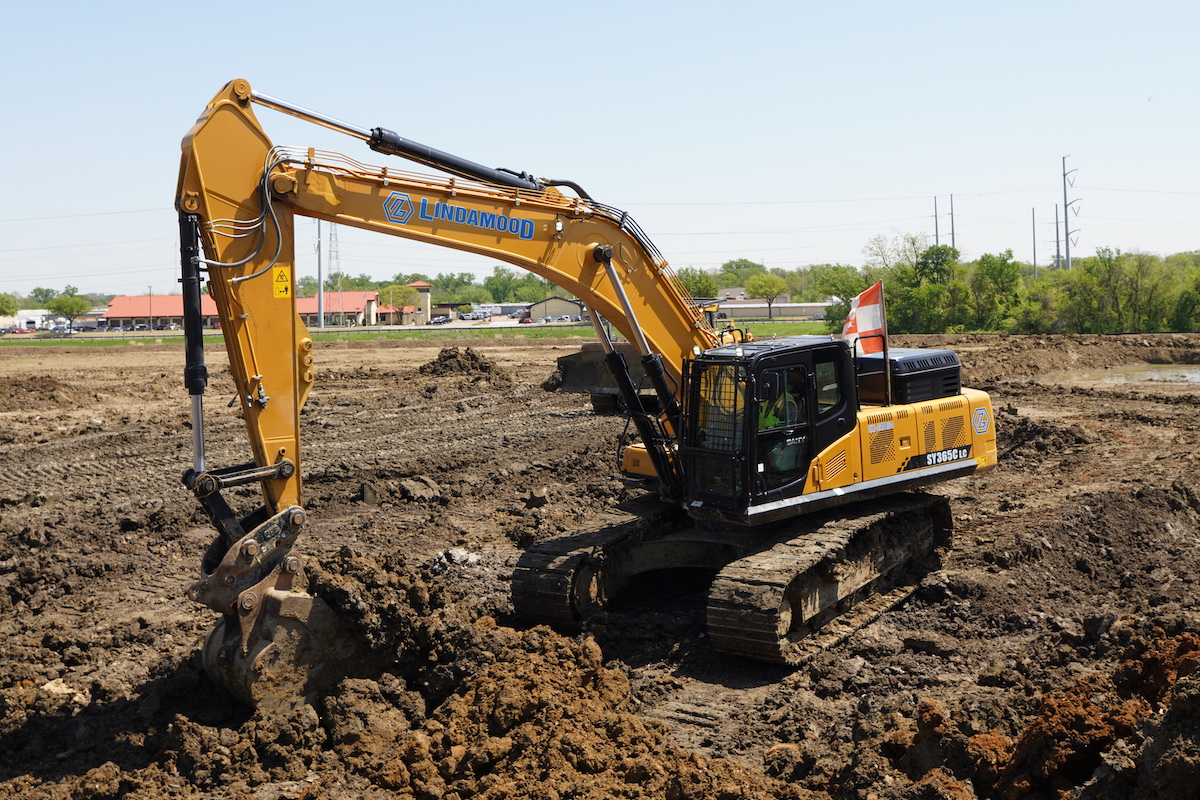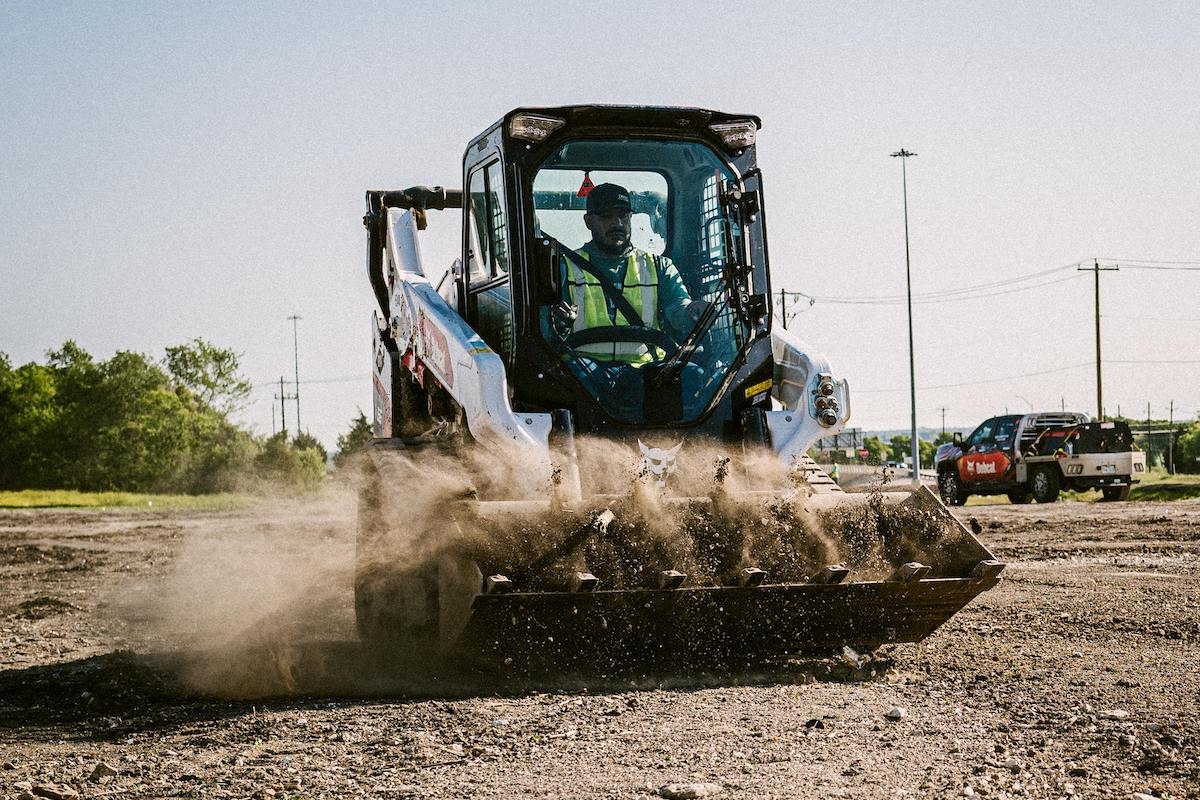The 97,000-square-foot facility is spearheaded by a longtime partnership between the Dallas County Community College District (DCCCD) and the Construction Education Foundation (CEF), a self-supporting workforce development organization that connects the greater Dallas area’s construction trades with education. Even though the facility’s ground breaking on the DCCCD’s North Lake College campus was only last June and completion is not expected until late 2020, the CSB is already considered a benchmark education role model by the construction trade industry, according to Jane Hanna, President of CEF.
“The CSB is important because CEF research reveals that there will be a 1.4 million trade professional shortage by 2020,” Hanna said. “The average age of all trade professionals currently working in the field is 51 years old, and 41 percent of today’s construction workforce will retire by 2031.”
NAS is donating six indoor air handlers totaling 70,250 CFM and two rooftop DOAS systems. The air handlers’ Fanwall technology and one DOAS’ total energy wheel will both contribute credits to the building’s Leadership in Energy and Environmental Design (LEED) Silver application, according to Lauren Berry, PE, LEED AP, Senior Associate at the project’s consulting engineer firm, ME Engineers, based in Dallas.
“As a contributing sponsor, NAS and its President, Buddy Doll, really stepped up with this very sizeable donation of equipment in an effort to give back to the North Texas construction industry,” said Rusty Vaughn, CSB Project Capital campaign Co-Chair and the vice President – Business Development at NAS’ local HVAC manufacturer’s representative, Texas AirSystems, based in Irving, Texas.
While most commercial buildings conceal functioning components in closed spaces inaccessible to the public, the entire CSB facility — ranging from firestop, plumbing, electrical, carpentry, life/safety, and other trade disciplines — will offer students a hands-on experience in addition to 30 classrooms/labs. For example, HVAC students will study functioning air handling systems through glass enclosed mechanical rooms; and recessed piping chases will have cutaway views for observation, as well as functioning hands-on equipment experiences in the HVAC, sheet metal, and welding/pipefitting labs.
Furthermore, students can explore the air handling units’ proprietary Integrated Thermal-Break Frame (ITF), which features energy-efficient three-inch foam walls, heavy-duty 16-gauge metal exterior panels, 20-gauge interior liners, and a fully-welded structural base. The rooftop models will withstand Dallas’ frequent high tornadic-like winds because of the ITF design, which recently exhibited the HVAC industry’s highest air handler wind load rating and wall pressure tests, according to the certification processes of Miami-Dade County (Florida).














